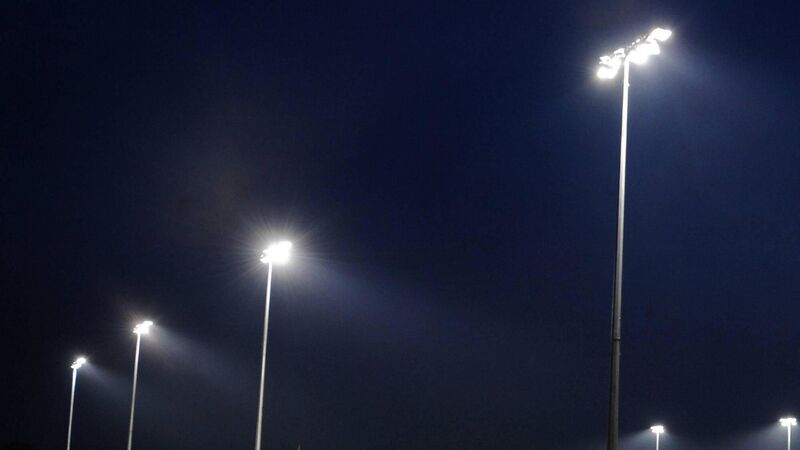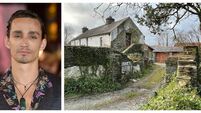Residents in Glanmire oppose football club's floodlight plan

Riverstown Football Club claims the floodlights are essential for the commercial viability of the club.
Residents of a housing estate on the outskirts of Cork city are opposing plans by a local football club to erect floodlights on their pitches over concern they will create additional noise, nuisance and traffic problems in the area.
A total of 20 families living in Forest Park, Brooklodge, Glanmire, Co Cork have jointly lodged an appeal with An Bord Pleanála against the decision of Cork City Council to grant planning permission to Riverstown Football Club to erect six 15-metre-high floodlights on their grounds which are adjacent to the housing estate.















